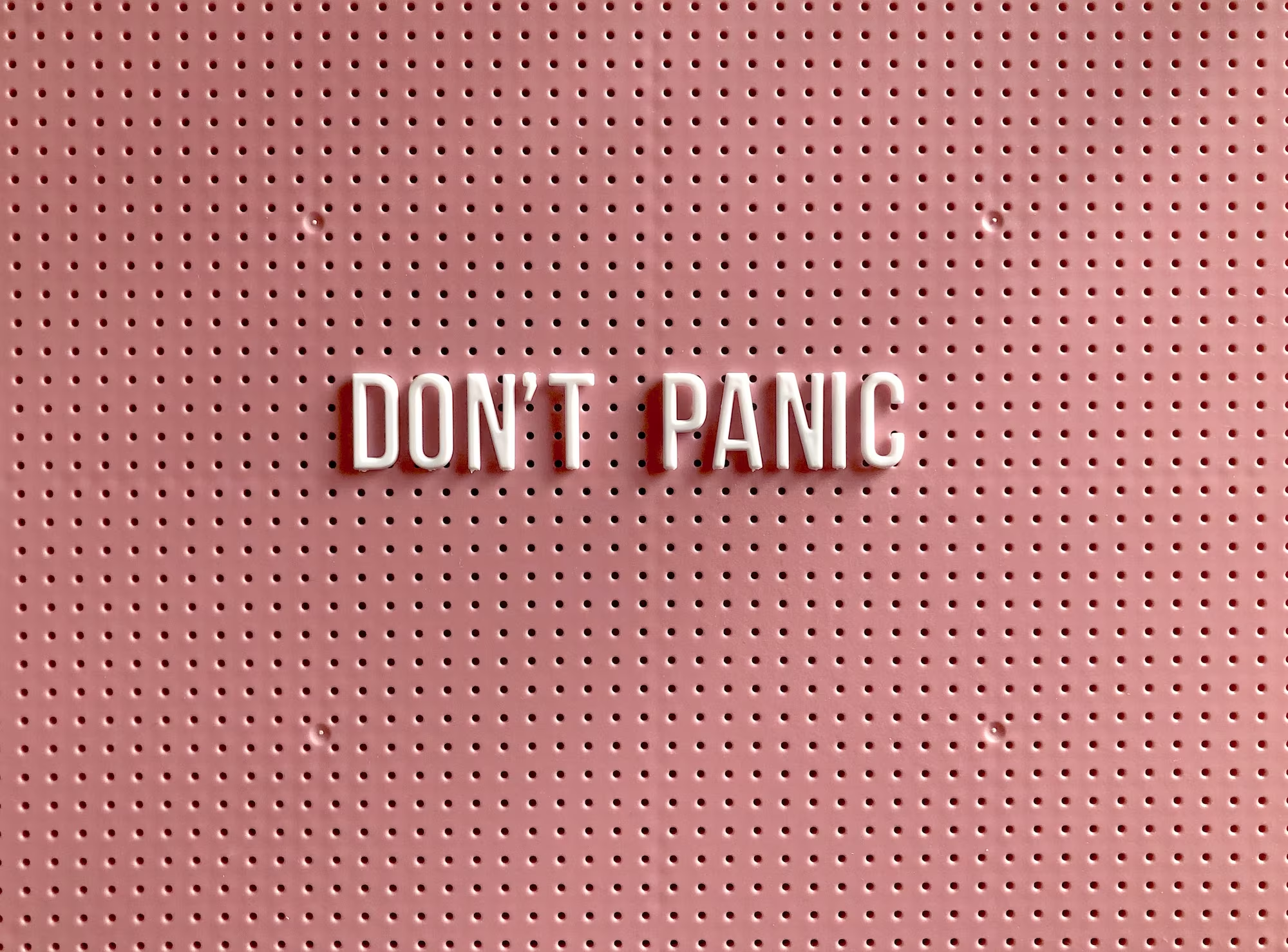In a lengthy article that is my new gold standard for analysing the actual consequences of introducing AI into an industry, Justin Curl, Sayash Kapoor, and Arvind Narayanan explore the effects of AI on legal work.
Sayash and Arvind had previously authored AI as Normal Technology (also well worth reading), which argues that it’s a mistake by both boosters and doomsters to treat AI as some special category of thing that will lead to humanlike or superhuman intelligence; instead, we should treat it, and should remain in control of it, like any other technology. In particular, we should measure its impact by how it diffuses through society and industry, not by what it’s capable of in isolation, and we should expect that diffusion to take decades, not months.
This article is their attempt to apply the “AI as normal technology” thinking to a particular industry.
As a document- and language-focused industry, law has seemed ripe for LLM-based disruption; as an industry that often commands extremely high fees for its work, many people are desperate for that disruption to happen, and for legal work to become cheaper. That motivated reasoning is perhaps one of the reasons why law regularly tops the panic-inducing lists of “jobs that won’t exist in the future because of AI”.
The authors’ conclusions are much more nuanced. They look at regulatory concerns, which might inhibit AI’s progress into the industry; they look the fundamental dynamics of the industry, in this case the adversarial nature of common-law countries; they look at the impact of past technologies, which often failed to deliver the commodification of law that many people imagined.
AI, they conclude, won’t fix any of the structural problems faced by the legal industry and those who interact with it as clients, and may even magnify them; but it may be that the mere threat of AI disruption can be an external impetus to reform, reform that otherwise might have faltered through lack of will and coordination.
I think both the specific conclusions about law and the general framework outlined by the authors are enormously helpful contributions to the discourse around AI, and I’ll be trying to think along similar lines in my own work. #





